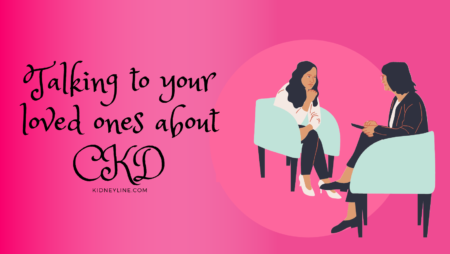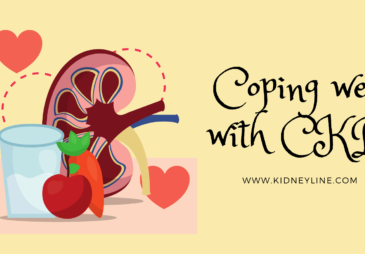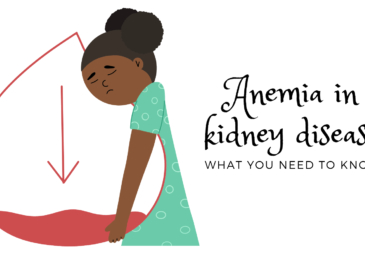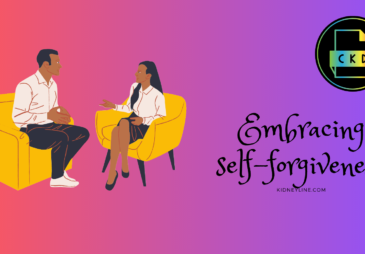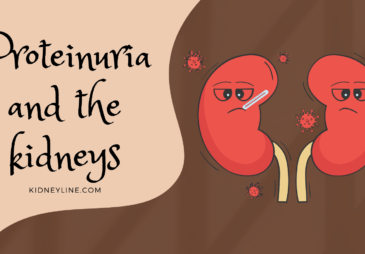Although some people have no trouble telling people they have chronic kidney disease (CKD), many people find it incredibly difficult. Dealing with CKD alone is tough and having people support you during your journey can make you feel less stressed. Despite the advantages of telling your loved ones you have CKD, you need to gauge the situation to ensure it is in your best interest to share the diagnosis.
This article focuses on how to share your diagnosis and the benefits of doing so.
Why you find it difficult to share your diagnosis
One common reason why people don’t want to share their diagnosis with friends is that they don’t want to be treated differently. They want to go about their lives as though everything is fine. Sometimes it may be because you’re in denial.
Perhaps you don’t want to be pitied or maybe you don’t want to be the subject of conversations amongst your circle.
When my friend was diagnosed with CKD she asked me not to tell anyone. She told only her family and a couple of friends. But as her health deteriorated, it became imperative that people had to be told. Naturally, some people felt hurt. They wished they had known earlier so they could help.
Another reason why people don’t want to share their diagnosis is because they don’t want to have to deal with unsolicited advice. Although their action comes from a place of trying to proffer solutions, not all suggestions are helpful.
Sometimes, you haven’t made a definite decision not to tell people about your diagnosis. Perhaps you’re still trying to process the information yourself. It’s okay to take some time to deal with your emotions alone before getting others involved.
I’ve also met people who hid their diagnosis from people because they didn’t want them to get worried. They feel their loved ones might not be able to handle the diagnosis. But the truth is that you’ll need support along the way.
Disadvantages of hiding your diagnosis
One major disadvantage of hiding your diagnosis is that if something were to happen to you, your family and friends would be missing this huge piece of information that might come in helpful. People sometimes arrive at the hospital but their loved ones can’t provide crucial information needed for their management.
Secondly, you lose out on the support you could have received. Getting help when we need it can be deeply satisfying.
Lastly, you risk hurting your loved ones. Although, your focus should be on your health and well-being, hurting your friends will not make you feel better.
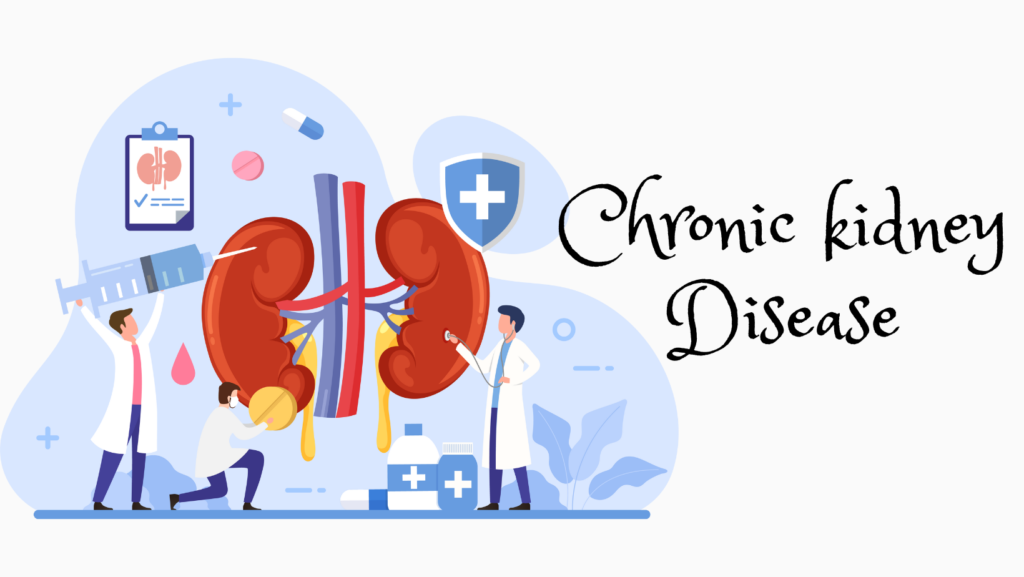
How to tell people about your diagnosis
Although it is important to tell people that you have CKD, it is also necessary to consider who you’ll share the information with, what you will tell them, and how you will tell them.
You don’t need to tell everyone in your life you have CKD. Select people who are close to you. People that you’ll likely call when you’re tired and unable to drive to the hospital. People who will improve your mood when your emotions get jangled.
The people you share your home with should probably know. If you’re married, your spouse should know what is going on. The decision to tell your kids will depend largely on how old they are. Older kids should have some idea of what is going on.
Choose the right time and place to have the conversation. It’s best to choose a time you’re unlikely to be disturbed. Select a quiet environment as this will promote a deep and meaningful conversation.
Be clear when conveying the information. This should be done in a thoughtful and tactful manner. You can share the emotions you’re feeling. But remember to give them time to process the information you have doled.
You may not be able to answer all their questions. Consider sending them resources where they can find answers to questions they have. Kidneyline is a great resource for teaching people about CKD.
Give them the space and time they need to process the news. Some may get sad and others might feel angry. They may even live in denial. The essential thing to do is to give them the space and time they need.
Although you may feel you’re the one living with the condition, understand that it affects them too. Because it may come as a shock to them, they may not react the way you expect. Try to be patient.
Sometimes, loved ones go overboard and come up with suggestions contrary to what your healthcare team recommends. Let them know what you have been told. They could also go with you for your next hospital visit. That way they get to hear directly from the doctors.
Benefits of sharing your CKD diagnosis.
It allows you to have support. On days when you’re feeling blue, you can have someone to share your thoughts with. Sometimes, you’re tired and may need someone to take you to the hospital. People who know about your condition can be very helpful.
Sharing your diagnosis may also help you stick to your therapy. Being on drugs for life can be tiring. Your loved ones can help keep you motivated on those days you feel drained.
Many times, when people learn about your condition they want to help and will ask you what they can do. Let them know when how they can help. And if you don’t need their help at the time, let them know you will ask for help when you need it.
Unhelpful situations
Sometimes, when you tell people about your condition, they begin to ask questions you have no answers to or questions you don’t want to answer. Maybe you even feel they are judging you. Whatever the case, let them know you’re not ready to talk about it.
It’s also very common for people to come up with alternative remedies and suggestions. Let them know you appreciate their concern but you need to look out for yourself. Many herbal and orthodox medications can worsen kidney function.
If you hate confrontations dealing with these situations can be tough. Preparing a go-to response for the different situations that trigger you can be immensely helpful.
Telling your loved ones about your condition can be difficult. Preparing what you want to say and how much information you want to share can make this task easier.
